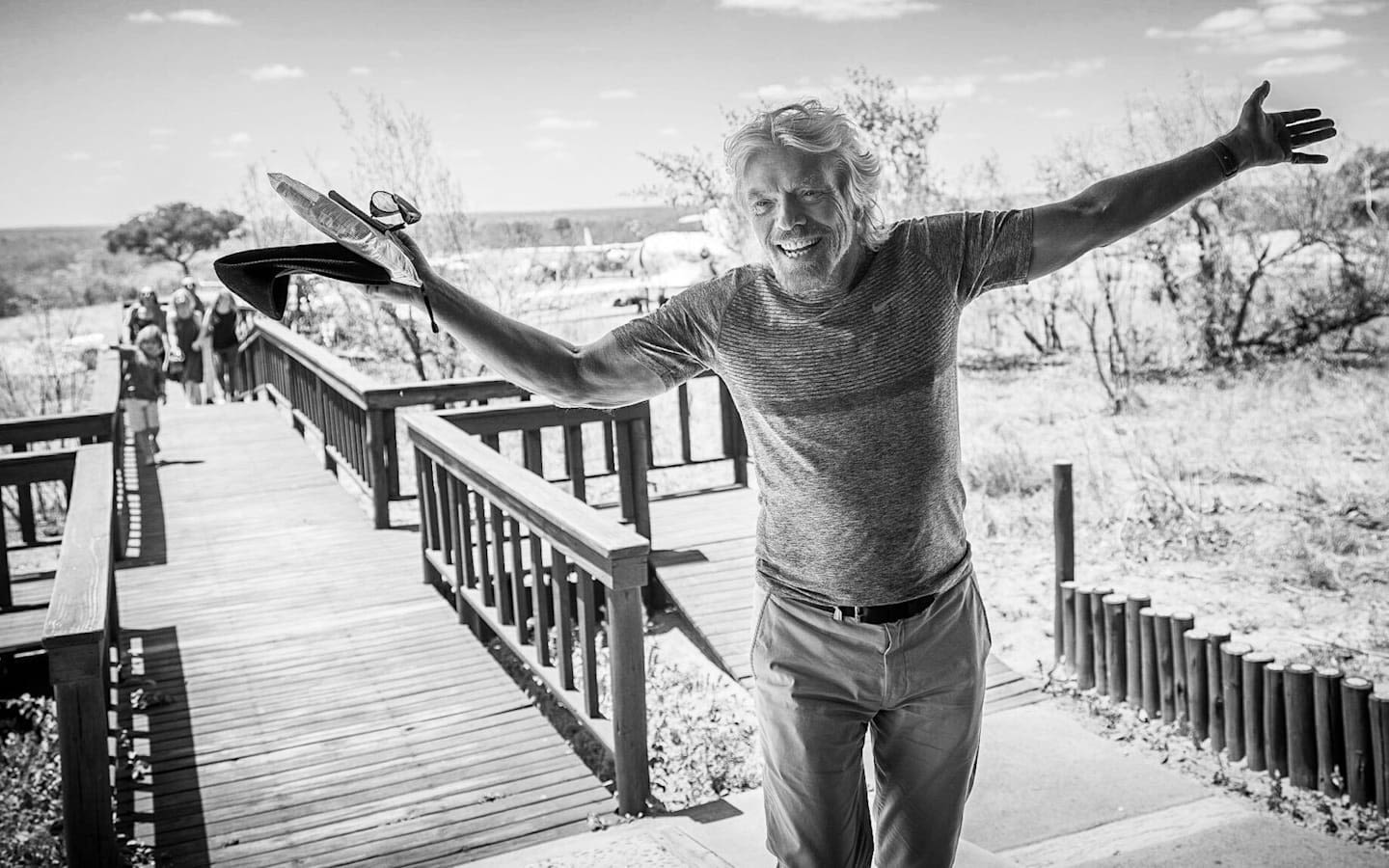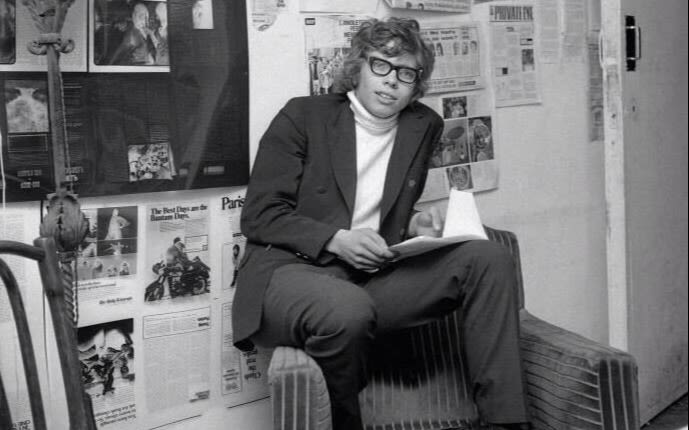Embrace the side hustle
It can be difficult to take the plunge into the world of entrepreneurship. But if you have an idea for a business which is keeping you up at night, it would be such a shame to waste it.
Side hustles are all the rage right now – I often meet people who tell me they have a business on the side and are pouring all their spare time into their project. The biggest barrier for many people starting a business often isn’t access to resources, support or mentoring. It's simply not being able to quit their day job, to spend time developing their concept. With responsibilities to manage and bills to pay, the option of handing in that resignation letter is often an unaffordable and unrealistic luxury.
But not being able to quit your job shouldn’t mean you have to quit your dream – instead it should complement it. Some of the world’s most successful companies began as side projects, with their founders working evenings or weekends to turn their ideas into realities. Virgin is a prime example of this – all of our Virgin businesses started while we were working on something else.
Virgin Records was originally a side project as part of Student Magazine. We sold mail order records by running adverts for them in the magazine. The fact we were doing this on top of working didn’t bother us as we were completely passionate about music. Passion is the key to juggling work and business. If do what you love and love what you do you’re more likely to be successful.
When we went into aviation, again, we started our operations as a side project while we were running Virgin Records. I saw a gap in the market one day after my flight was cancelled. With a desire to change the airline industry for good we started with one plane, and worked hard to grow Virgin Atlantic into an international carrier. We eventually had to sell Virgin Records to focus on Virgin Atlantic, but only after we proved there was a market for our airline.
The reason we’ve always started a new business while still working on an existing one is because it’s essential in entrepreneurship to limit the downside. Entrepreneurship by its nature is an incredibly risky vocation, so much so that eight out of 10 start-ups fail within the first 18 months. So, having to completely quit your current work to pursue a new idea can leave you open to failure on many levels.
At Virgin StartUp we’ve seen the benefits that come with starting a business while working. As a delivery partner for the UK’s government’s start-up loans scheme, we give support to entrepreneurs through access to loans. We’ve found that those who apply and plan to grow their idea while still working their day jobs are more confident in their ability to manage their money and time. Not having to be reliant on their new business to provide them with a full time income, they are given a bit of breathing space and time for their idea to gain traction. By working, they are able to make their loan last longer and go further.
One great example is Saida Bairak, who has started Saida Mia, an Italian African fusion sauce business with the help of a Virgin StartUp loan. Saida was born in Somalia but moved to Italy at an early age. Her grandmother taught her all about food and she began to absorb the passion and produce of Italy and blend it with the spice and soul of Africa. She has channelled her passion into her own side hustle, while still working full time as a translator.
Starting a business while working can also have a positive impact on your day job. Launching your own business requires you to be a jack-of-all-trades. You’re often the head of marketing, operations, business development and technology in the early days of business. I had at least 10 titles at Student magazine, depending on who I was talking to. Working across so many areas enables you to learn quickly and broaden your skill set – something that will undoubtedly make you a better employee as well as an entrepreneur.
This is a view we take at Virgin, where we encourage our people to work on projects in their spare time. It’s one of the best ways for employees to gain extra training and knowledge. I certainly learned more in the first year of launching and running Virgin than I did across 16 years of schooling.






